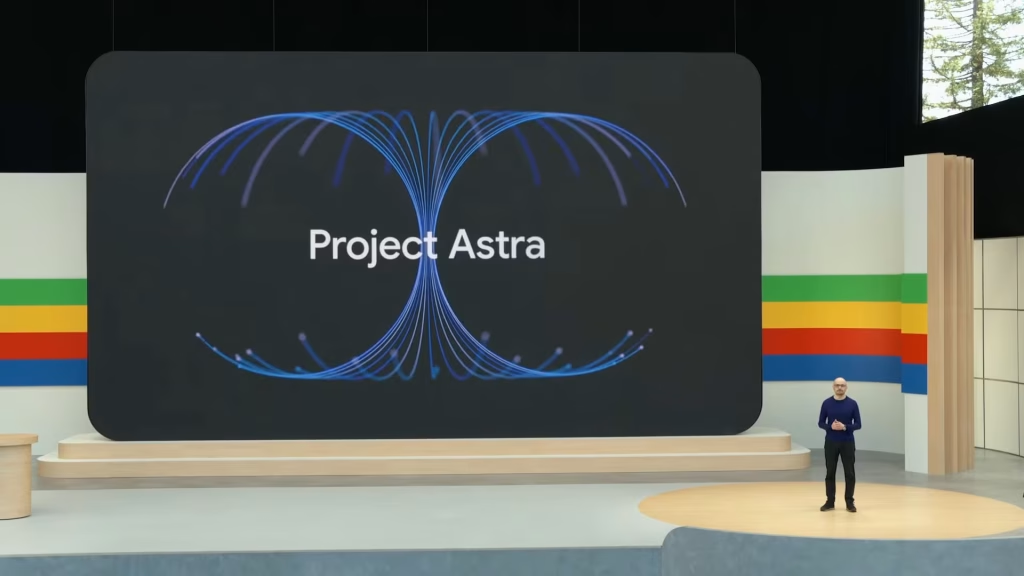In an era where artificial intelligence (AI) is rapidly evolving, Google has introduced Project Astra, a groundbreaking initiative aimed at transforming the way we interact with technology. Developed by Google DeepMind, Project Astra is envisioned as a universal AI assistant capable of understanding and responding to the world around us in real-time. This article delves into the features, applications, and potential impact of Project Astra on our digital lives.
Understanding Project Astra
Project Astra is a research prototype that explores the future capabilities of AI assistants. Unlike traditional AI systems that rely solely on text or voice inputs, Astra is designed to process multimodal information, including text, audio, and visual data. This allows it to engage in more natural and context-aware interactions, providing users with a more intuitive and seamless experience.
Key Features of Project Astra
- Multimodal Interaction: Astra can process and integrate information from various sources, such as voice commands, visual inputs from cameras, and textual data, enabling it to understand complex contexts.
- Real-Time Processing: The system is capable of analyzing and responding to inputs in real-time, making interactions more fluid and responsive.
- Contextual Memory: Astra retains information from past interactions, allowing it to provide more personalized and relevant responses over time.
- Device Integration: Designed to work across multiple devices, including smartphones and smart glasses, Astra ensures consistent assistance regardless of the platform.
Applications and Use Cases
Project Astra’s advanced capabilities open up a wide range of applications across various domains:
- Personal Assistance: From setting reminders to providing real-time information, Astra can assist users in managing their daily tasks efficiently.
- Education: Astra can serve as an interactive tutor, offering explanations and answering questions across different subjects.
- Healthcare: By analyzing visual and textual data, Astra can assist healthcare professionals in diagnostics and patient care.
- Navigation: Integrated with mapping services, Astra can provide real-time navigation assistance, adapting to changing conditions and user preferences.
Challenges and Considerations
While Project Astra presents numerous opportunities, it also raises important considerations:
- Privacy: Handling sensitive data requires robust privacy measures to protect user information.
- Security: Ensuring the system is secure against potential threats is crucial for user trust.
- Ethical Use: Establishing guidelines for responsible use is essential to prevent misuse of the technology.
Future Prospects
As Project Astra continues to evolve, its integration into daily life is expected to deepen. Ongoing research and development aim to enhance its capabilities, making it an indispensable tool for users worldwide. The potential for Astra to revolutionize the way we interact with technology is immense, promising a future where AI seamlessly augments human capabilities.
Conclusion
Google’s Project Astra represents a significant leap forward in AI assistant technology. By combining multimodal processing, real-time interaction, and contextual understanding, Astra offers a glimpse into a future where digital assistance is more intuitive and integrated than ever before. As development progresses, Astra is poised to become a central component of our digital lives, transforming the way we interact with the world around us.



